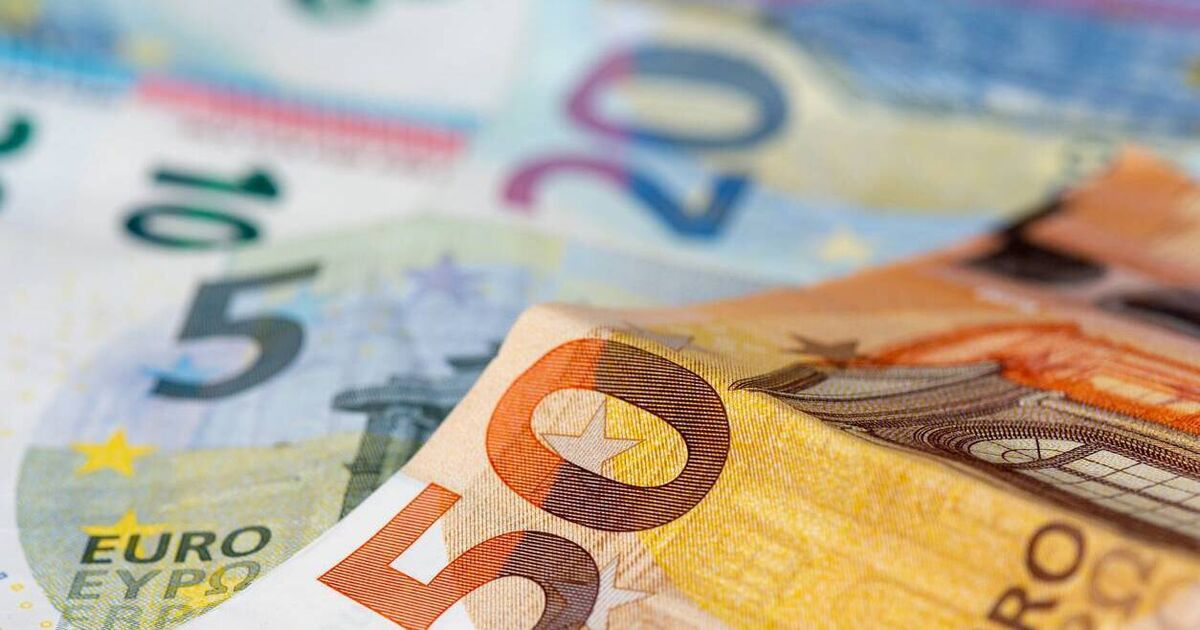Eurozone inflation is increasingly likely to return to target next year but a bit more evidence is needed before the European Central Bank (ECB) can declare victory, Slovakia’s central bank chief Peter Kazimir said on Monday.
Mr Kazimir, an outspoken conservative, was one of the few policymakers to openly express doubt about the need to cut rates this month, but he relented and eventually supported the move — the third policy-easing step this year.
